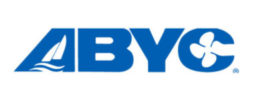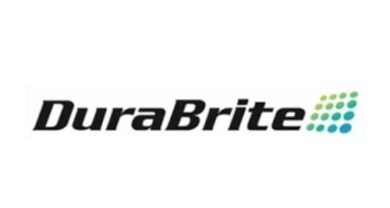Wallop-Breaux Update
With two new bills pending and legislative action necessary to ensure its very existence, 2005 promises to be a very important year in the 21-year history of the Aquatic Resources Trust Fund — better known as Wallop-Breaux.
Established in 1984 thanks to legislation authored by U.S. Sens. Malcolm Wallop and John Breaux, the fund was created as a collection point for most of the excise taxes attributable to motorboat and small engine fuels as well as fishing equipment.
The monies collected from those taxes are earmarked for a variety of state and federal programs, including the preservation of boating access areas, boater safety education and fish stocking.
By nearly all accounts, Wallop-Breaux has been a resounding success since its inception. Proponents call the fund one of the most effective “user pays, user benefits” programs ever, and say it continues to be a vital resource for the industry.
However, congress failed to reauthorize the fund last fall as part of a larger dispute over the highway transportation bill, which contains the legislation necessary to fund Wallop-Breaux. Temporary funding enacted while the legislative bargaining continues has sustained Wallop-Breaux in the interim, but that funding has only been extended through May.
The U.S. House of Representatives approved its version of the bill in early March, and although the Senate had not yet acted on its version as of press time, movement there was also expected.
The Senate will also consider legislation introduced earlier this year by Congressional Boating Caucus co-chairs Herb Kohl (D-Wis.) and Trent Lott (R-Miss.). The senators are seeking to restructure the Aquatic Resources Trust Fund in order to distribute its proceeds in a way the caucus believes would be more equitable, and are attempting to recover an additional $110 million per year in excise taxes paid by anglers and boaters.
That money would be raised by collecting the full amount of excise taxation currently levied on motorboat and small engine fuels. Under the present system, only 13.5 cents of the 18.3 cents per gallon collected is sent to the Aquatic Resources Trust Fund. The other 4.8 cents goes to the federal government’s general fund.
“I am dedicated to continuing the legacy of Wallop-Breaux,” Kohl said in introducing the bill in the Senate. “That is why Senator Lott and I are introducing legislation that will reauthorize the Aquatic Resources Trust Fund and expand the size of the fund.
“Passing this legislation will be a top priority for me in the 109th Congress. It is an issue that I know is important to the people of Wisconsin. I can assure every senator that it is equally important to people in his or her state.”
Lott and Kohl’s legislation is the same as that submitted last year, which was passed by the Senate but never enacted before the session ended. It also seeks to continue funding for the Recreational Boating and Fishing Foundation, enabling an additional $60 million for the RBFF’s efforts to promote fishing and boating participation.
The senators also seek to:
• Amend the Dingell-Johnson Sport Fish Restoration Act to provide for distribution of FY 2006 through 2020 appropriations for certain fish restoration and management projects, including for the multistate conservation grant program.
• Establish the Sport Fish Restoration and Boating Trust Fund (effectively merging the Sport Fish Restoration Account and the Boat Safety Account of the Aquatic Resources Trust Fund), to transfer any excess motorboat fuel taxes not transferred to the land and water conservation fund into such a fund.
• Authorize for FY 2006 through 2010 certain expenditures from the Sport Fish Restoration and Boating Trust Fund, including aid to states for fish restoration and management projects.
• Amend the Clean Vessel Act of 1992, with respect to grants for state marine sanitation device pumpout station programs, to repeal the mandatory priority consideration given to grant applications that, in coastal states, propose constructing and renovating pumpout stations and waste reception facilities in accordance with a coastal state’s approved plan.
• Amend federal shipping law to increase from one-half to 75 percent the maximum percentage of a state’s total cost for its recreational boating safety program represented by the federal allocation the state receives. And to extend the availability of such allocation from two years to three years, as well as requiring a reduction of the allocation if the state’s expenditures for the program for the previous fiscal year is below the average expenditures for the three preceding fiscal years.




